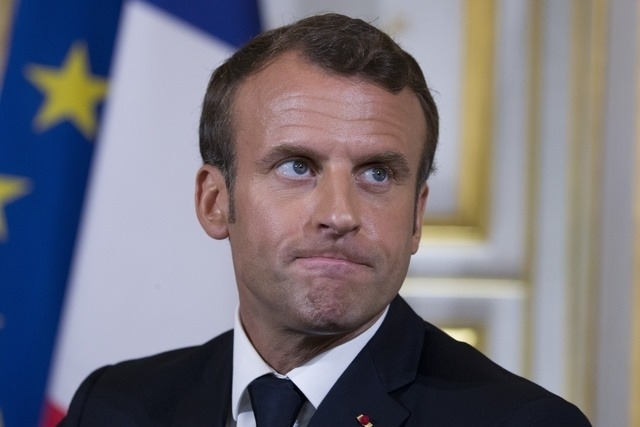President Emmanuel Macron has unveiled a new cabinet under Prime Minister Sébastien Lecornu, tasked with navigating one of the gravest political landscapes France has faced in years.
Beneath the veneer of renewal however lies fragility, parliamentary paralysis, fiscal crisis, and a desperate need for legitimacy.
At first glance, the composition of the new government is striking for its familiarity. Key faces from prior administrations have been retained: Elisabeth Borne returns to helm Education, Gérald Darmanin remains at Justice, and Bruno Retailleau continues as Interior. Meanwhile, Macron loyalist Roland Lescure has been named Finance Minister—a choice laden with symbolism, designed to reassure centrist and moderate elements while attempting to regain political traction.
But continuity also invites critique. Critics across the spectrum have denounced the shake-up as superficial, accusing Macron of rebranding the same old team and failing to confront the systemic dysfunction at the heart of French politics. Far-right figures warned that without a genuine break from past policies, a no-confidence motion is inevitable.
The immediate crisis the new leadership must confront is the 2026 budget. France’s public finances are under severe strain—soaring debt, rising deficits, and mounting public expectations of relief. Lescure inherits a perilous negotiation between fiscal consolidation and appeasing social demands. The budget cannot simply be another technocratic document; it must be a political bridge across a fractured legislature.
Lecornu’s pledge to refrain from invoking Article 49.3 of the Constitution—an executive shortcut allowing legislation to pass without a full parliamentary vote—is telling. It is a direct appeal to legitimacy, signaling that this government will try to build consensus rather than bulldoze it. But the gamble is that a fractured Parliament, containing strong leftist and far-right blocs, may refuse to play ball.
The danger is clear: with no guaranteed majority, every decision is vulnerable to existential challenge. The government’s lifespan could be measured in weeks. Already, dissenting parties have rattled sabers: left-wing factions warn of immediate censure, and the far right demands a “break with the past,” accusing the new lineup of alluding continuity.
Yet these dynamics do not absolve Macron’s camp of accountability. The spectacle of naming a “new” government while preserving many of the same faces reveals a deeper failure of political imagination. Structural dysfunction—coalition instability, institutional indiscipline, erosion of party loyalties—remains untreated. The cabinet shuffle may yield headlines, but it does not address causes.
Another warning sign lies in the balance of portfolios. The retention of powerful ministries in the hands of proven operatives signals that the inner circles of power remain unchanged. For instance, Bruno Le Maire, who was previously economy minister, has been shifted to Defence—an important strategic move, yes, but one that leaves key economic direction in the hands of the old guard.
In fact, this government appears tailored to mirror the stepping stones of the previous regime rather than chart anything new. Only a few ministerial posts are genuinely fresh, and with the budget looming, the scope for innovation is minimal. The government’s opening speech, expected soon, will likely reveal whether Lecornu intends to pivot or merely recalibrate.
There is, however, a glimmer of political calculation in the appointment of Lescure—a figure with links both to Macron’s centrist base and to left-wing currents. He may be the bridge aimed at co-opting Socialist tolerance. But unless his fiscal proposals are credible and yet palatable to multiple blocs, his appointment risks being perceived as token gesture.
For all the drama, the hard truth is that France’s governance crisis is not solved by reshuffling ministerial chairs. Political legitimacy must be earned through coherent policy, responsiveness to public grievances, and the restoration of meaningful parliamentary dialogue. If the new government achieves none of those, it will not last long—or worse, collapse under the weight of its own emptiness.
France stands at a precipice. This government may be viewed as Macron’s last stand. The fragility is everywhere: no majority, high expectations, fiscal peril, restless society. If Lecornu and his ministers cannot quickly demonstrate a difference—not just in tone, but in direction—they risk precipitating an even deeper crisis, possibly dissolving Parliament altogether.
In the end, this cabinet is less a sign of renewal than a remark of survival. The real test will not be in its inauguration, but in its durability. And beneath the rhetoric, the verdict is already writing itself: with little real change and heavy expectations, this may well be the most perilous government France has named in years.


